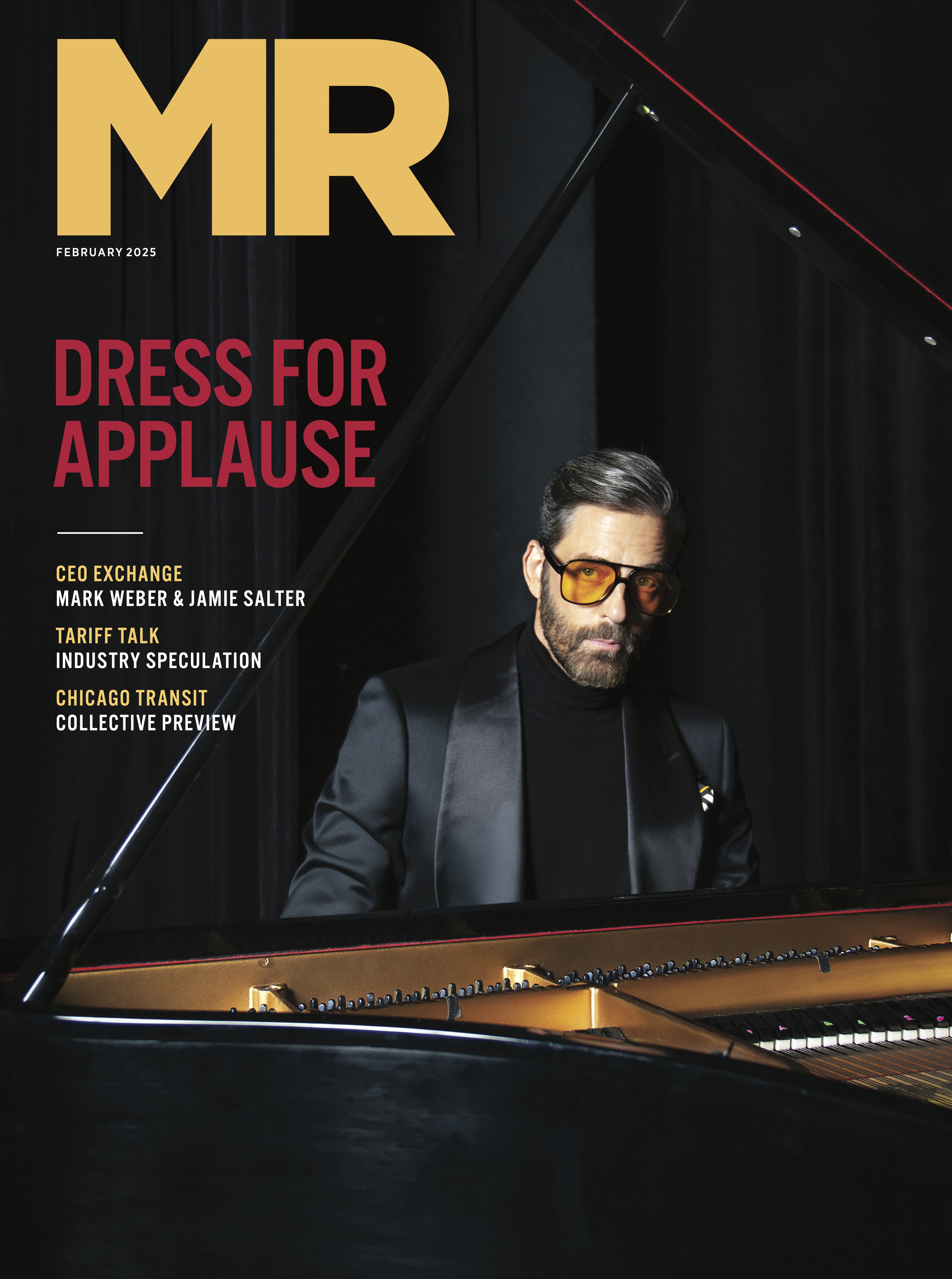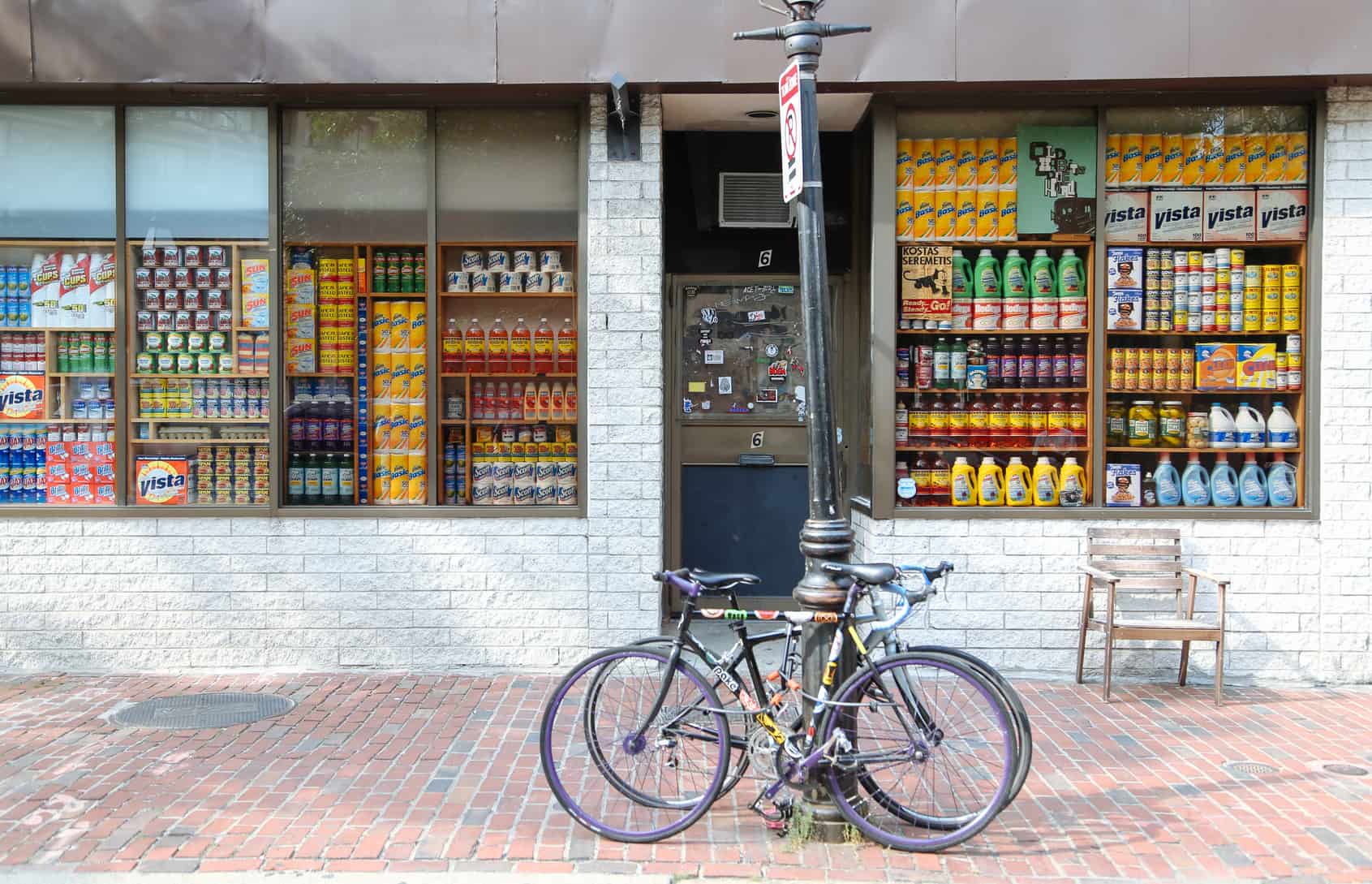RETAIL VISION AWARD: BODEGA

Known for its hidden-in-plain-sight entrance, this Boston-based contemporary retailer is covertly located behind an entrance disguised as a convenience store, known colloquially in some parts of the Northeast as a bodega. Having just opened a second location in downtown Los Angeles last year (with hopes of opening more locations soon), the now bi-coastal aperture of all things streetwear and sneakers is making its mark among a younger generation looking for unique fashion. Pairing its distinctive merchandise mix with a successful e-commerce site and unique in-store experience, Bodega sets the standard for what makes a store cool.
But co-founder Oliver Mak will be the first to tell you that it took him and his team about six years to realize what industry they were really in. “We started out as some weird clubhouse for lost children that got to do creative projects,” says Mak. “Reporting, planning, inventory management, we didn’t know how to do any of that. Plus, most of us are anti-authoritarian, so we didn’t have a mentor to guide us. It has been an interesting ride.”
Having known little of what it actually takes to run a thriving retail store, the Bodega team has grown to over 70 employees to-date that covers everything from content creation and buying and planning to e-commerce and product development for its own private label.
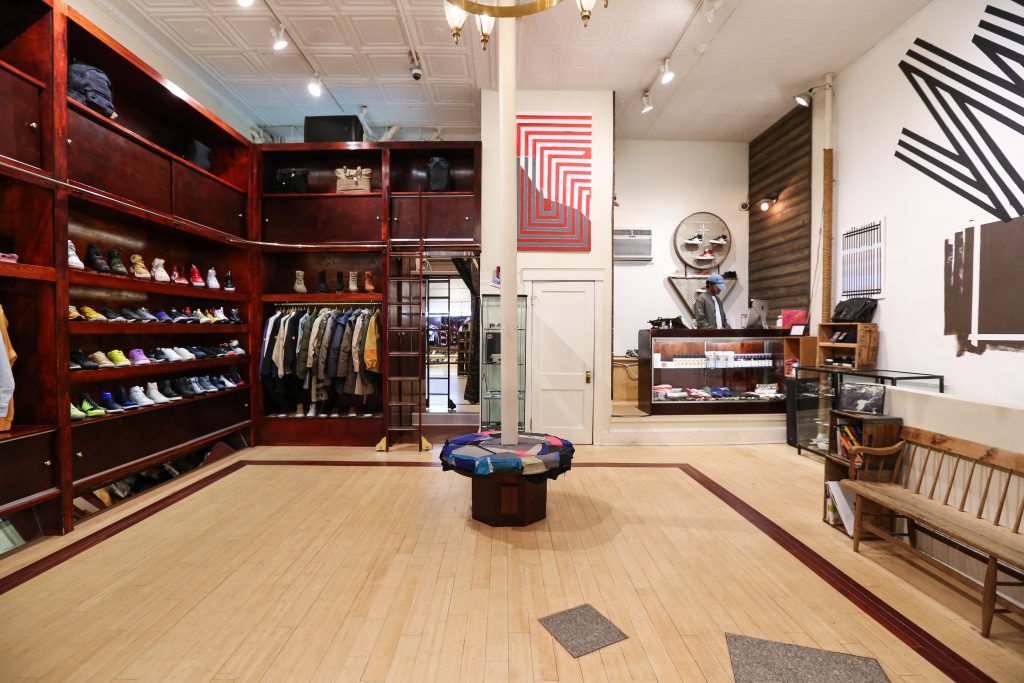
The road to success wasn’t easy though, especially given the nature of the state of retail. “The business has definitely changed a lot since we first started in 2006,” says co-founder Dan Natola. “When we opened social media didn’t exist and online retailing was just starting to kick off, so for us, in terms of business, it’s about keeping that mom and pop culture in the front of the store but that corporate energy in the backend while still making the business scalable.”
Natola stresses that “We have to constantly make sure that the product is well-curated and culturally relevant to our customer while bridging that gap between streetwear and contemporary, but also has a global perspective now. We have plans to open into Asia and also further domestically, but opening where the demand and need is. Retail is more complex than it used to be, to say the least. We’re at the point where to be a player in this industry, you have to get into new competitive market before someone does and then prevents you from buying the brands that you want for your store. I would say having a calculated plan is our biggest thing right now.”
And the stress that the retail industry puts on small specialty stores doesn’t go unnoticed by the team. “I feel for the independent stores out there that are trying to make it because online shopping really fucked it up for a lot of retailing,” mentions Natola. “Now people will come to your store to look at something then try to find it online for a better price. Trying to build that sort of rapport with customers and loyalty is tough nowadays. People our age, it’s easier because we have one foot in the analog age, but kids nowadays are all on social media. It’s a different set of challenges, it’s all happening so fast and you have to be able to pivot and make changes to your business in order to stay relevant.”
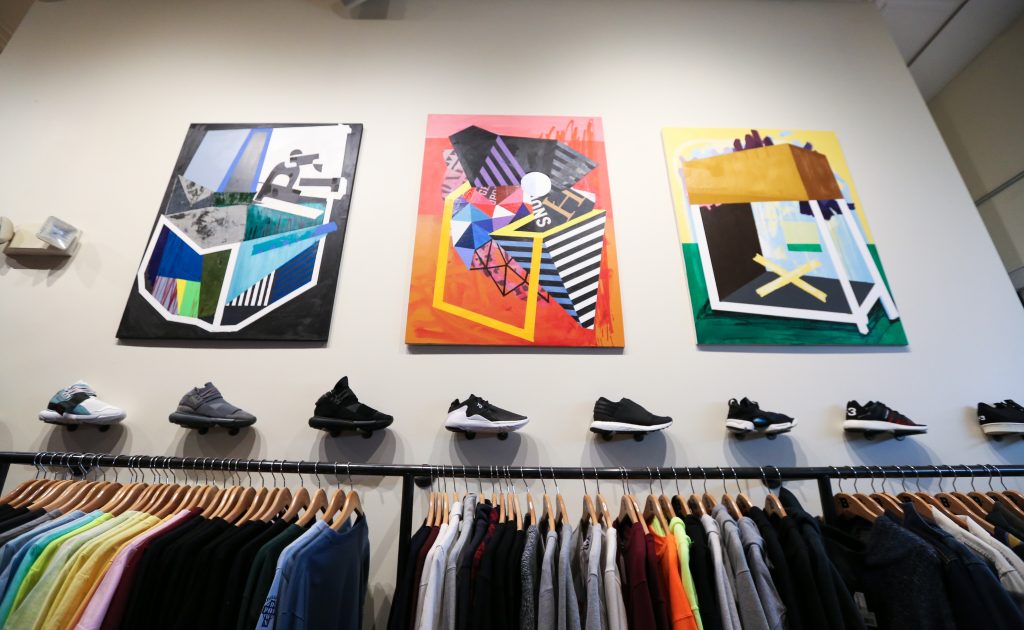
Staying relevant, that’s the challenge that all retailers face today, and Bodega has its head on its shoulders when scoping out what actually will matter for its audience in Boston and L.A., as well as online. The team didn’t subscribe to the super-logoed brands that were very popular in 2018, and instead brought in their own versions of “digestible” streetwear that people would actually want to wear. Natola notes that for his market, he sees a lot more workwear references creeping back into popularity – mixing traditional menswear sportswear details in a contemporary, interesting way.
On both coasts, Bodega’s owners have put a lot of thought into which brands should sit alongside their popular private-label goods; Kapital, Wacko Maria, Engineered Garments, Carhartt WIP, and Needles have been among their top sellers. (While the store is primarily menswear-oriented, it does carry women’s product. As for the product mix, it is 60/30/10 footwear/apparel/accessories across the board.)
Interestingly mentioned during our interview in Boston, the Bodega gents cited that they do most of their buying in Paris and in Tokyo. “How crazy is that,” declares Mak. “For our world, New York, which had a huge influence in streetwear culture, is no longer relevant. All of the influential brands in this market have all shifted to showing in Paris and Tokyo. There is some business still left in New York, but it is fleeting. What happened? We just visit now to see our friends and to get the energy that the city always has going on.”
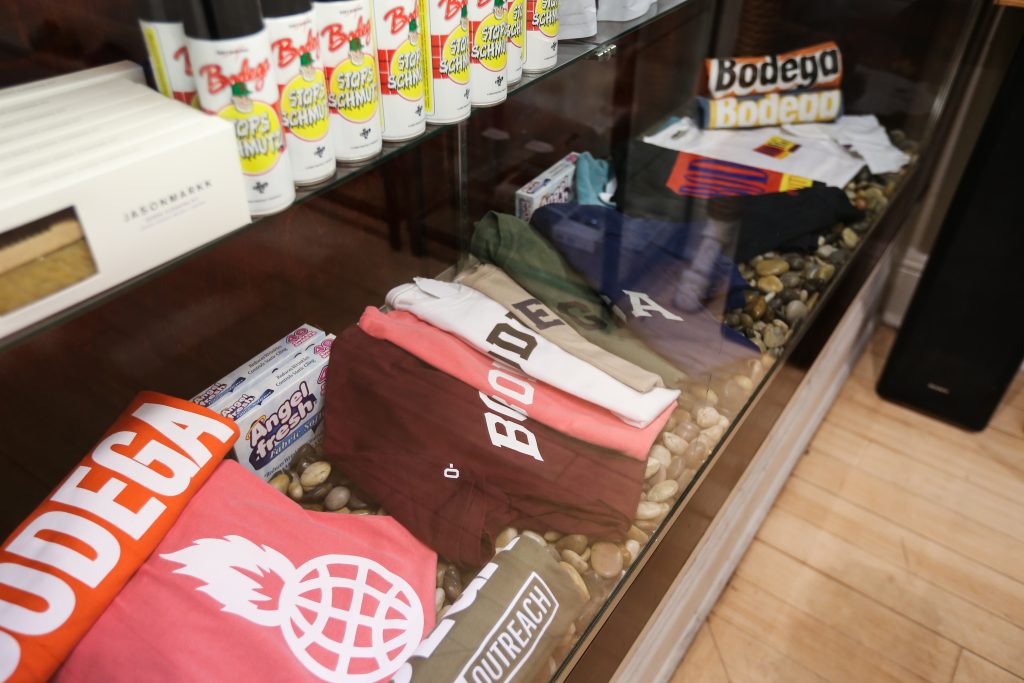
As for its online business, Mak has just two words: “It’s booming!” He goes on to say that, “Web keeps on growing exponentially, we’ve had crazy growth year-over-year over the last four years because we keep investing in it. The success of online is about being strong on the tech side of things. But we always want more out of the technology we are using. If Google or Amazon could build a platform that could service mid to larger sized independent stores, that would be a huge business for them. Full service would be incredible. I know Shopify is trying to do it, but it’s not happening fast enough. One-click checkout would be awesome, for example. But our business is tough, too, because we have so much hype product that our site gets hammered by bots and all these other weird variables, it slows the site down.”
But for now, Bodega will continue to scour the globe to find the coolest wares they can get their hands on while focusing on building its creative content and activations that helped make the store a community hub since the beginning. As Natola beautifully summed our time together up, “At this point, we have no choice to but to make it now.”
